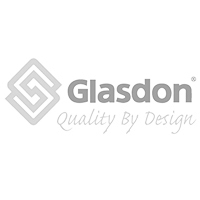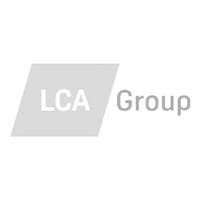
Confined Spaces in Water and Wastewater Treatment Industry
Processes in the water and wastewater treatment industry deal with solid, liquid and gaseous materials. These substances pose a range of hazards including physical, microbial and chemical. There is a wide range of confined space types in the water and wastewater treatment industry that can create a range of complex hazards.
 The water and wastewater treatment industry is one of many industries where correct confined spaces training is vital to worker safety. Unique risks and hazards in the water and wastewater treatment industry require specialist training and dedicated consideration before work in confined spaces commences.
The water and wastewater treatment industry is one of many industries where correct confined spaces training is vital to worker safety. Unique risks and hazards in the water and wastewater treatment industry require specialist training and dedicated consideration before work in confined spaces commences.
Configuration Hazards – Slips, trips, falls when working in confined spaces and working at height to access a confined space pose configurational hazards when working in the water and waste water treatment industry.
Biological and Chemical Hazards – Exposure particulates, gases and vapours that can cause a range of acute/chronic systemic, respiratory, dermal or gastrointestinal health effects. Exposure to decomposing organic materials, human waste, animal waste and vermin.
Atmospheric Hazards – Toxic, asphyxiant and flammable/ explosive atmospheres all pose a risk when working in confined spaces in the water and waste water treatment industry.
Physical Hazards – Drowning in water and other liquid effluents, electricity, mechanical equipment, radiation, hot surfaces, being struck by objects and fluid/ air pressure all pose a risk when working in the water and waste water treatment industry.
Working in Confined Spaces Training
Lack of correct training on confined space risk assessments, working and rescuing procedure can create an unsafe working environment. Eurosafe can offer a full range of confined space training courses to provide tailored solutions for your needs.

















